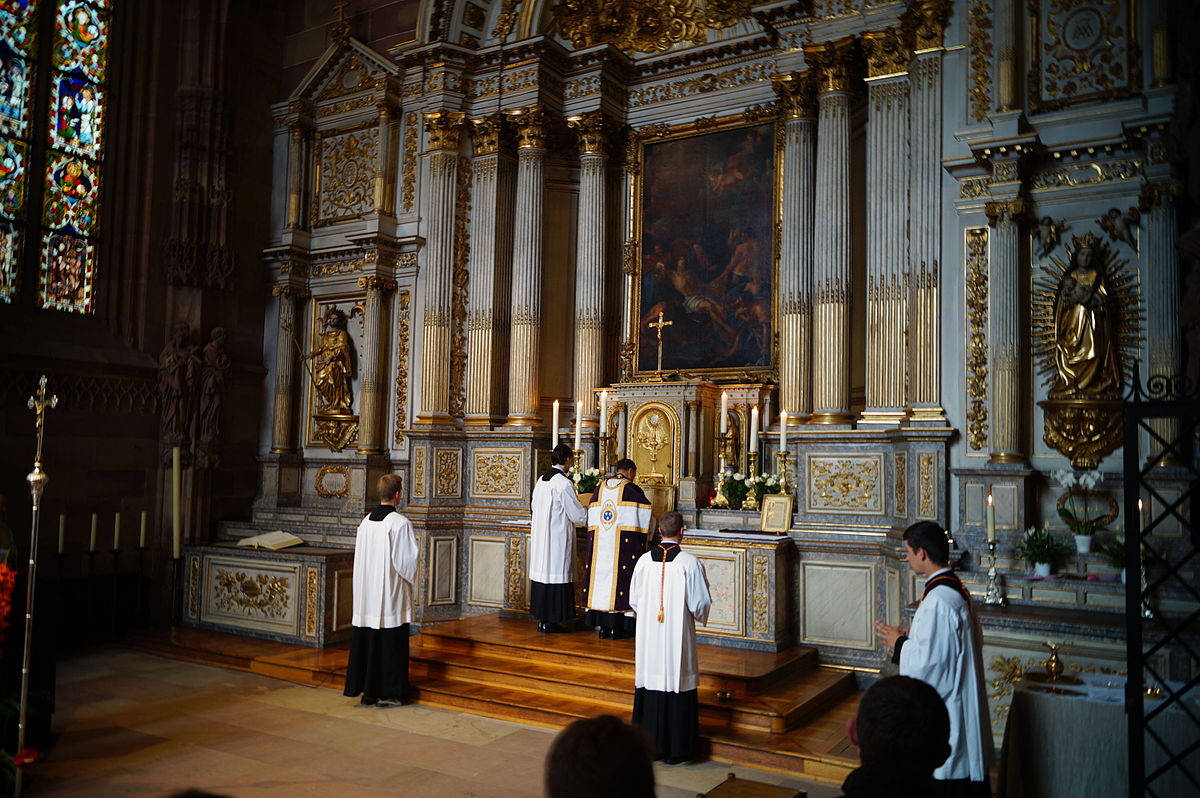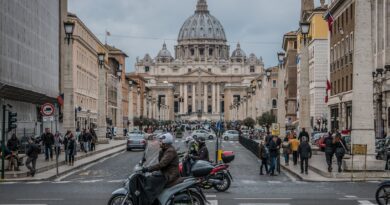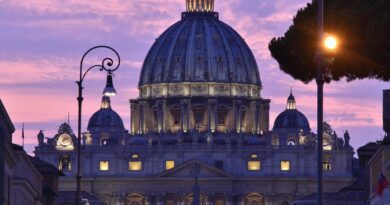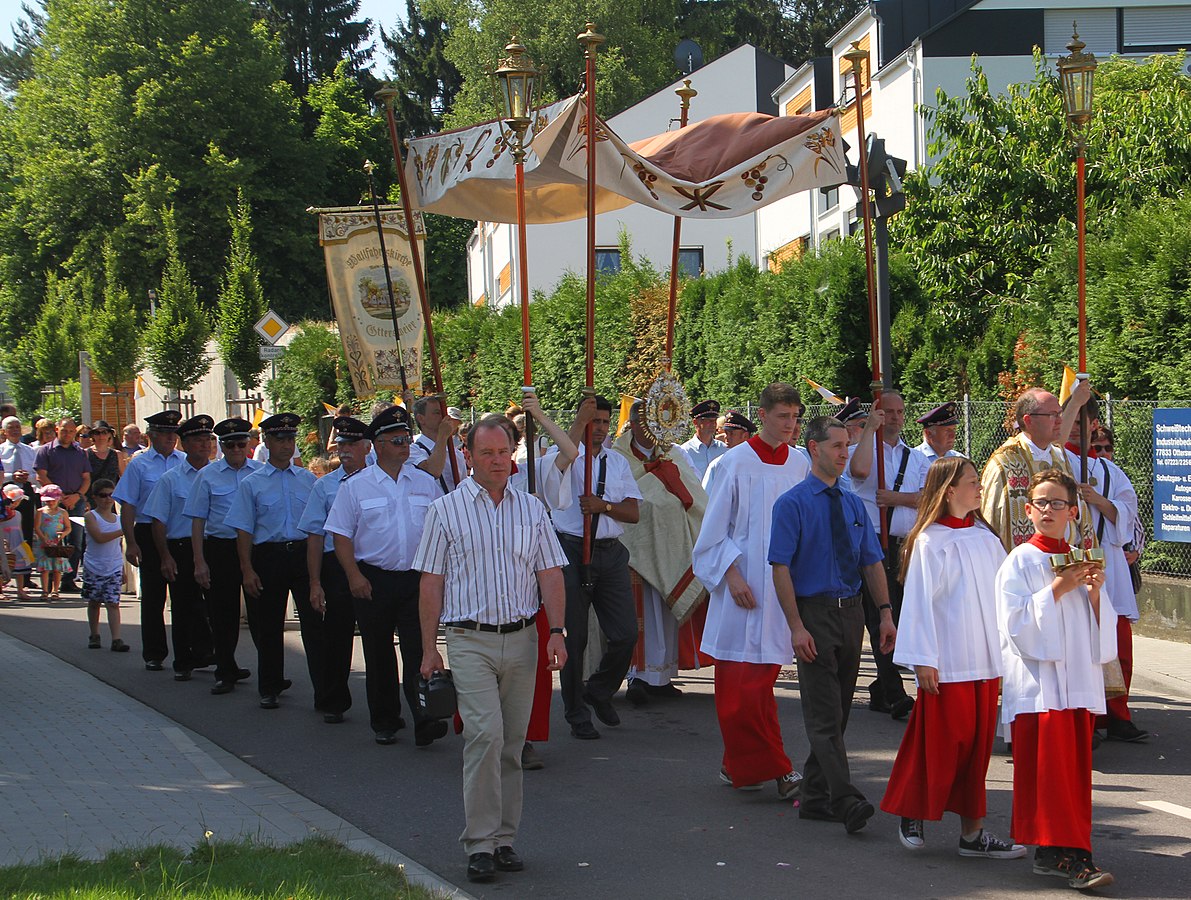A godliness frowned upon. Exacerbation of the course on the pre-conciliar liturgy (Part 1)

Rome waged war on traditional liturgy. Will bishops in Poland follow?
Paweł Chmielewski
The Vatican is waging an increasingly fierce fight against the pre-conciliar liturgy. The motu proprio “Traditionis custodes” was only the Holy See’s first blow against traditional piety. Just before Christmas, Rome struck another blow. There is no doubt that the Pope, together with his immediate circle of advisors, is striving to destroy the communities attached to the Tridentine Mass completely. It turns out that synodality and pastoral “tending to the sheep” do not include all of Christ’s disciples.
In July 2021, when Pope Francis announced the motu proprio “Traditionis custodes”, a large part of Catholic public opinion was surprised: this is the Pope, who constantly talks about dialogue and pastoral closeness, makes extremely authoritarian decisions on the delicate matter of the liturgy without any announcement. It cancels the decisions of its predecessors, introduces chaos and anxiety in communities gathering hundreds of thousands of Catholics – all on the eve of a synod on synodality, which is to lead to the development of a new model of decision-making in the Church, taking into account the voice and needs of the faithful to a greater extent.
RADICAL LIMITATIONS
Despite widespread criticism, Rome did not change its direction, on the contrary: it tightened it even more. On December 18th, the Congregation for Divine Worship and the Discipline of the Sacraments announced the guidelines for “Traditionis custodes”. The department is headed by an Englishman, Archbishop Arthur Roche, a student of Cardinal Cormack Murphy-O’Connor, one of the most important members of the St. Gallen liberal group, which in 2013 led to the election of Card. Bergoglio for Pope. The guidelines were published in the form of responsa ad dubia – responses to the main concerns raised about the motu proprio. The document of the Roman Curia, in its overbearing severity, has gone far beyond the “Traditionis custodes”, leaving no illusions as to the ultimate will of the pope: Catholics associated with the pre-conciliar liturgy should simply become extinct.
The responses of Archbishop Roche were accepted by Francis, so there is no question of any arbitrariness on the archbishop’s part, who is particularly reluctant to the idea of traditional liturgy. The document clarified a few issues that the “Traditionis custodes” left unresolved, obviously to the detriment of pre-Vatican II piety. Bishops, for example, can no longer grant dispensations from the prohibition of the Tridentine Mass in parish churches. It is completely forbidden to administer the sacraments in the Tridentine Rite, unless it concerns a personal parish – however, there isn’t a single parish of the kind in Poland. A radical restriction was also introduced, forbidding priests to celebrate a Tridentine Mass on Sundays and holidays if they are already celebrating a new Mass on the same day. These are, of course, only the most spectacular limitations. There are more minor, extremely burdensome restrictions; in addition, canonists are still puzzling over the interpretations of some details, so further Vatican “clarifications” are likely to appear in the future. The full application of responsa ad dubia by bishops would, in practice, mean a radical deterioration of the situation of traditional communities, which in many cases could result in the immediate denial of access to the form of liturgy with which they are so deeply attached.
The restrictive nature of responsa ad dubia corresponds well with the intentions that Francis revealed when he announced the “Traditionis custodes”. In the first point of the July document, he declared that henceforth the post-Conciliar liturgical books were the “sole expression” of the law of prayer in the Roman Rite. This meant relegating the pre-conciliar books to some vague gray area between what was legal and what was forbidden; giving them the informal status of museum exhibits, barely tolerated in the real life of the Church. Even so, only for a while: in a letter attached to the Motu Proprio, Francis indicated that bishops should make every effort to lead all (sic!) Faithful associated with the pre-conciliar liturgy to the new liturgy. All in all, it was a clear declaration: the pre-conciliar liturgy is to disappear. The strict responsa ad dubia are therefore a natural complement to the previous document.
A LITARGY PUSHED TO THE MARGINES
It is impossible to predict exactly what effects the destructive policy of the Vatican will bring. On the one hand, there is no doubt that there are many bishops all over the world who have just waited for Rome to hand them this kind of baton to Catholics attached to the Tridentine liturgy. They will now be able to use it mercilessly, destroying the communities that have developed beautifully over the last several years.
This is already happening; from all over the world, for months we have been receiving information about the hasty, repressive actions of the hierarchs, who are particularly disturbed by the pre-conciliar teaching of the Church. After the responsa ad dubia, there will be only more of this, because the tools that can be used for pacification are even more effective. Even before the official announcement of the responses, strict restrictions were announced, for example, by the vicar general of the diocese of Rome, card. Angelo De Donatis, anticipating the document of Archbishop Roche. In turn, just a few days after the responses, Card. Blase Cupich, Pope Francis’ right hand man in the United States, introduced extremely rigorous restrictions in the Archdiocese of Chicago.
(…)
This article was published in February 2022 in “Do Rzeczy” magazine.
The author is a journalist and columnist at the PCh24.pl portal.



